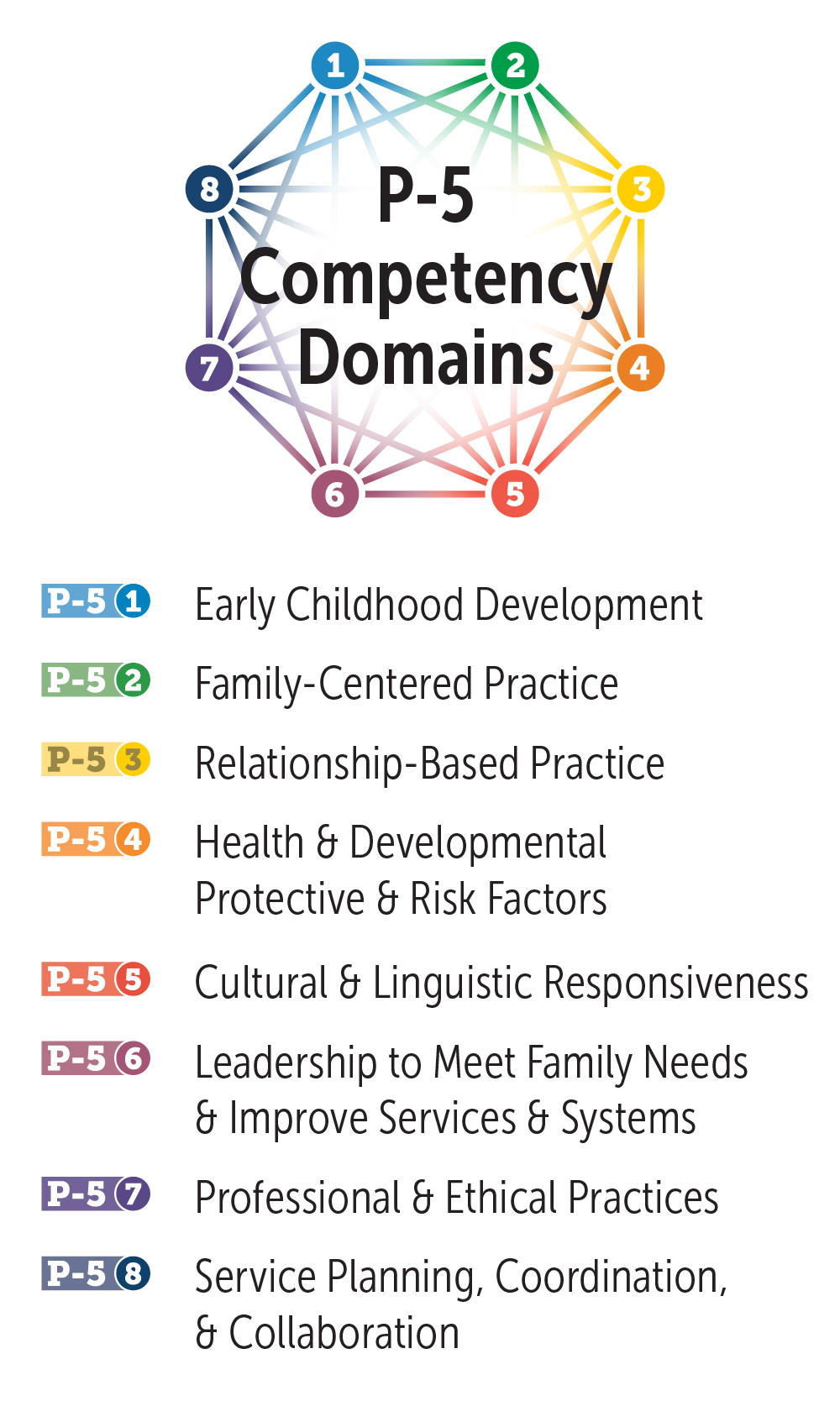
Critical Competencies for Infant-Toddler Educators™ Online Module SE-5: Guiding Behavior
The learning that occurs in the infant-toddler years includes educators’ purposeful guiding of children’s behavior. As young children explore their environment, including early interaction with peers, guidance about how to manage their own behavior is crucial. Early educators actively minimize behavior challenges by carefully constructing the learning environment, providing multiples of favorite play materials, positioning themselves in close proximity to pairs or small groups of children, and ensuring that there are many opportunities to play with engaging materials throughout the early learning setting. In addition to activity and environmental planning, early educators model appropriate behavior, provide physical redirection when needed, offer positive reinforcement for children’s early successes at managing their impulses
(e.g., using the word “no” or “wait” when a peer grabs a play toy rather than hitting or biting in response), and provide children with simple messages about what behavior is expected. By focusing behavior guidance on what is expected, early educators provide children the information they need to behave appropriately (e.g., “Please sit on your bottom when you come down the slide”) rather than simply telling children what is not acceptable (e.g., “Don’t stand on the slide” or, “If you stand on the slide you will be all done”). Skillful educators provide simple and clear messages about behavioral expectations, while also redirecting children from inappropriate behaviors.

